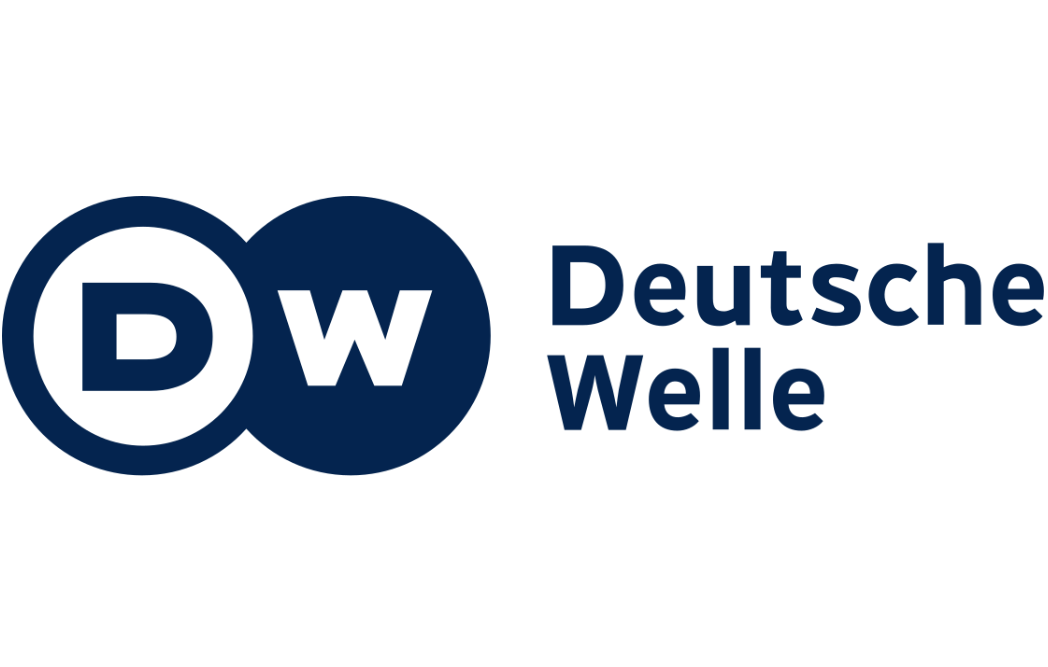“Enduring Music: Compositions from the Holocaust” to Premiere in Concert at The John F. Kennedy Center for the Performing Arts on International Holocaust Remembrance Day 1/27/2026
On January 27, 2026—International Holocaust Remembrance Day—the Counter Extremism Project and ARCHER at House 88 will bring to the John F. Kennedy Center for the Performing Arts* in Washington, D.C. a landmark concert of works composed in the ghettos...

